Oil holds in sight of recent highs on Chinese demand recovery hopes
Oil prices slipped but were holding near their highest this month as easing COVID restrictions in China raised hopes of a demand recovery in the world’s top crude importer

Oil prices slipped but were holding near their highest this month as easing COVID restrictions in China raised hopes of a demand recovery in the world’s top crude importer
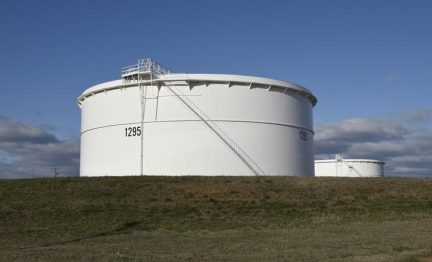
The US will begin repurchasing crude oil for its Strategic Petroleum Reserve (SPR) in February, the Energy Department announced
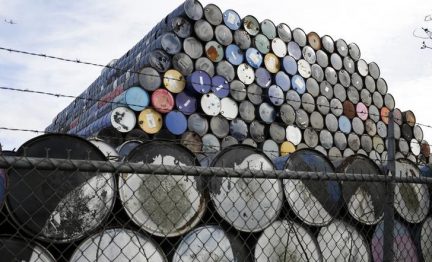
Russian Deputy Prime Minister Alexander Novak met with Venezuela’s oil minister in Caracas, where they discussed oil market volatility and the status of Venezuela’s outstanding debt to Russia

HSBC will stop funding new oil and gas fields and expect more information from energy clients over their plans to cut carbon emissions, the banking giant said, as part of a wider update of its sector policy
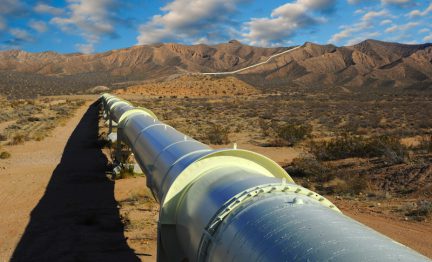
Traders expressed worry about how long Canada’s TC Energy Corp would take to clean up the largest U.S. crude oil spill in nearly a decade and restart its Keystone oil pipeline after more than 14,000 barrels of oil leaked last week
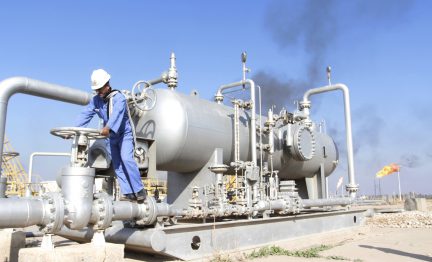
Iraq hopes that economic factors remain the only influence of oil prices, and it is keen to avoid a crisis in the global oil market, Oil Minister Hayan Abdel-Ghani said
OPEC+ agreed to stick to its oil output targets at a meeting on Sunday as the oil markets struggle to assess the impact of a slowing Chinese economy on demand and a G7 price cap on Russian oil on supply

Oil prices fell more than 4% as the Group of Seven (G7) nations considered a price cap on Russian oil above the current market level and as gasoline inventories in the United States built by more than analysts’ expected
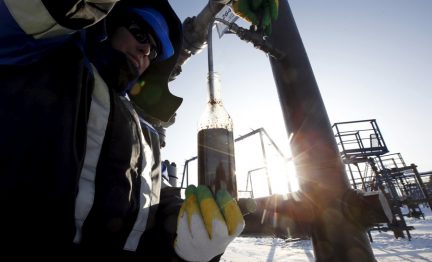
Russian oil output is set to fall by 1.4 million barrels per day (bpd) next year after the European Union imposed a ban on crude oil exports to Russia, the International Energy Agency said

OPEC cut its forecast for a fifth time since April and further trimmed next year’s figure, citing mounting economic challenges including high inflation and rising interest rates